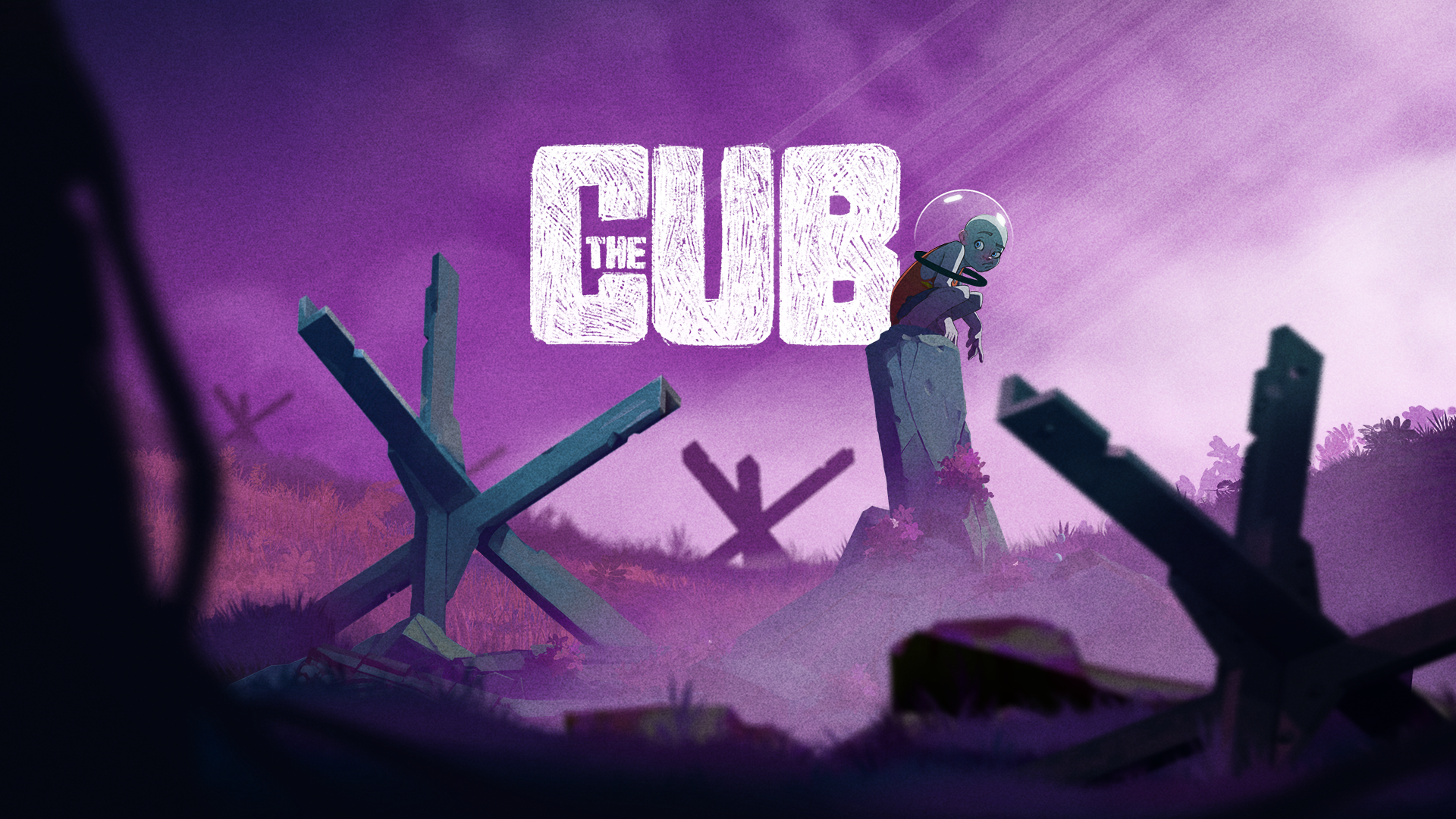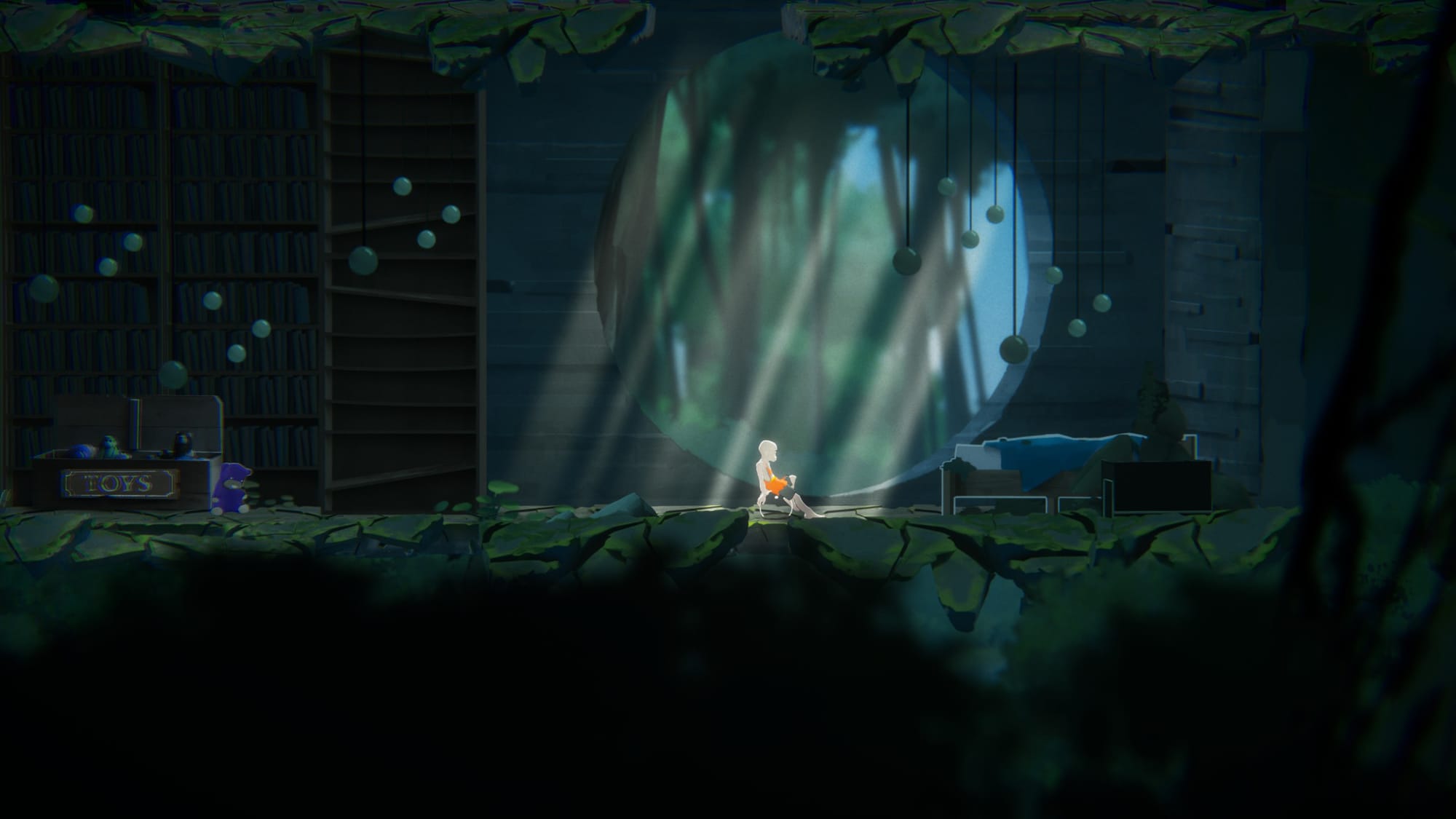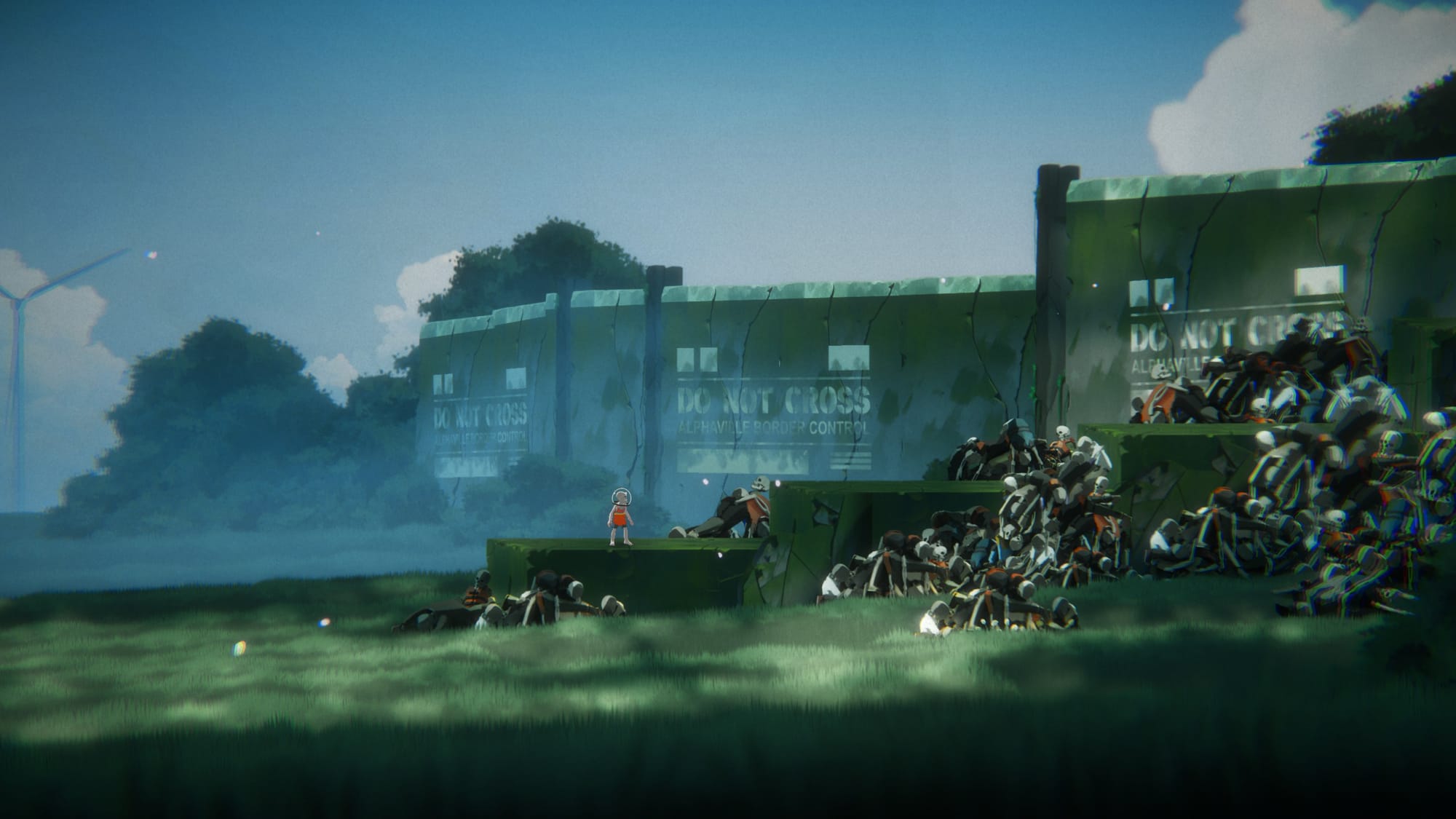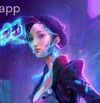The Cub Review: Post-Apocalyptic Jungle Book
Listening to the radio

In a post-apocalyptic, not-so-distant future world, the wealthiest of humanity has moved on to Mars. Back on Earth, everything was taken over by radiation and nature, and it is there that you follow in the tracks of The Cub as he tells his story.
During the “Great Ecological Catastrophe,” The Cub lost his Mother, though it is unknown whether she died or abandoned him. Alone and in danger, he was forced to run into the woods for safety when all of the fighting broke out as rockets took off to Mars. There, he was raised by wolves, and in time would encounter humans once again, as the "Martians" returned to Earth to play golf and do some hunting. One day The Cub is spotted by the humans, and due to his mutations and ability to breathe without a helmet, those humans want to catch him for research purposes.
During one of The Cub’s days of exploring, he comes across a dead Martian and takes the helmet from the suit. Within the helmet is a radio station that plays throughout the game, where you will hear not only music but also stories from other humans, telling their own life stories or reminiscing on the way the world used to be. It was through this helmet that The Cub learned the human language again after only speaking wolf for so long, and where our story begins.

One day The Cub is spotted by the humans, and due to his mutations and ability to breathe without a helmet, those humans want to catch him for research purposes.
The story as a whole sings of its inspiration from The Jungle Book, even including a collectible in the game as a nod to the original classic story. Being a more modern take on a story I loved coupled with the fact that it plays just like the classic Disney platformers of the '90s had me experiencing a wave of nostalgia I wasn’t expecting. All of this was great on its own, but it was the small details that really set this game apart and gave life to the story, and I don’t just mean the hand-drawn details or neon lighting.
While first telling his story, The Cub mentions stealing golf balls to make the Martians angry, and this mischief continues into the game. While being chased, he would randomly make taunting faces at the Martians. If you left the game untouched for too long without pausing, he’d take off his helmet and take a seat until you came back, patiently awaiting your return. Besides the boy himself, there was a story told within some of the environments you pass through, showing remnants of the world that once was.
Speaking of nostalgia and story: this game heavily references another title from developer demagog studio, known originally as Golf Club Wasteland, since renamed Golf Club Nostalgia. The same Martians are still returning for their golf in The Cub, and with the same familiar art style, a neat and noteworthy addition to the game.
First and foremost, the main point of this game is to evade the Martians trying to capture you as you navigate your way through the story. Just as well though, more of the game’s story is told through collectibles, which The Cub stores in his cave, that you find through a little bit of extra exploration in the different levels. Collectible types are books, newspapers, videos, USBs, hugs, burps, luxury, and radio shows. Granted, some of those are just for fun, but a few of them subtly add to the world’s overall story, whether they were dropped by Martians or left behind from the world that once was.

This game heavily references another title from developer demagog studio, known originally as Golf Club Wasteland, since renamed Golf Club Nostalgia.
Besides the Martians trying to stick you with a tranquilization dart when they see you, the main hazards in the game are within the mutated environment itself, whether those are animals, plants, or electrified bodies of water. Most of these are avoided relatively easily unless you’re in one of the minecarts (if you know, you know), or one of the more ‘complicated’ chases that leave little time to react, especially when you can’t see what the next obstacle will be when things are moving quickly. Some of those sequences may need some focus, and turn into a learning curve where you need to time your jumps and your ducks, but death doesn’t often send you too far backward. Being the side-scroller that it is, the controls are all very basic and simple, so the most difficult part of this game will be the bits that require some timing. Otherwise, The Cub is fairly easy to get through.
Due to being a 2D experience, it’s to be expected that this game does not have many options in terms of graphics. The options may differ slightly for console versions of this game, but through Steam I was offered a cinematic mode (which simply offers a view of the game with a big black bar on the top and bottom of the screen), and a resolution ranging from 640x480 to 2560x1440.

Besides the Martians trying to stick you with a tranquilization dart when they see you, the main hazards in the game are within the mutated environment itself, whether those are animals, plants, or electrified bodies of water.
Despite veering off the beaten path for exploration and finding collectibles, the game turned out to be very short, only taking somewhere around 2 hours for me to complete. The Cub is short, easy to play, and a break from reality. Though it has a Steam tag for puzzles, I didn’t actually come across any, besides the trial and error of split-second decisions during some of the faster paced sequences.
The Cub, even with its shortcomings in length, maximized the storytelling in the space it had available through the artwork and design of the environment, the radio shows, content within the collectibles, and The Cub himself telling some of his story. Surprisingly, the radio playing through the helmet did seem to add to the feel of the game more than I had expected. I also loved the overall look of this game and, being that the story was so similar to The Jungle Book but set in the future I enjoyed that as well, but I was rather surprised when I abruptly hit the end of it.
